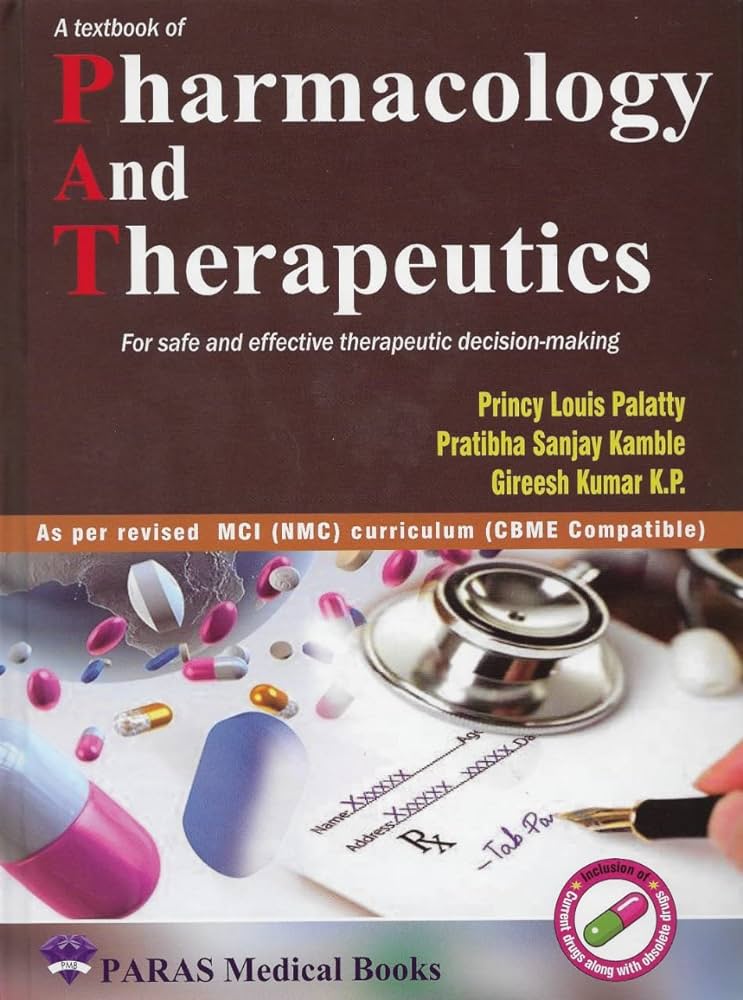Inflammatory bowel disease and neuropsychiatric disorders: Mechanisms and emerging therapeutics targeting the microbiota-gut-brain axis
IF 12
1区 医学
Q1 PHARMACOLOGY & PHARMACY
引用次数: 0
Abstract
Crohn's disease (CD) and ulcerative colitis (UC) are the two major entities of inflammatory bowel disease (IBD). These disorders are known for their relapsing disease course and severe gastrointestinal symptoms including pain, diarrhoea and bloody stool. Accumulating evidence suggests that IBD is not only restricted to the gastrointestinal tract and that disease processes are able to reach distant organs including the brain. In fact, up to 35 % of IBD patients also suffer from neuropsychiatric disorders such as generalized anxiety disorder and major depressive disorder. Emerging research in this area indicates that in many cases these neuropsychiatric disorders are a secondary condition as a consequence of the disturbed communication between the gut and the brain via the microbiota-gut-brain axis. In this review, we summarise the current knowledge on IBD-associated neuropsychiatric disorders. We examine the role of different pathways of the microbiota-gut-brain axis in the development of CNS disorders highlighting altered neural, immunological, humoral and microbial communication. Finally, we discuss emerging therapies targeting the microbiota-gut-brain axis to alleviate IBD and neuropsychiatric symptoms including faecal microbiota transplantation, psychobiotics, microbial metabolites and vagus nerve stimulation.
炎症性肠病和神经精神疾病:针对微生物-肠-脑轴的机制和新兴治疗方法。
克罗恩病(CD)和溃疡性结肠炎(UC)是炎症性肠病(IBD)的两个主要实体。这些疾病以其反复发作的病程和严重的胃肠道症状(包括疼痛、腹泻和便血)而闻名。越来越多的证据表明,IBD不仅局限于胃肠道,而且疾病过程能够到达包括大脑在内的远处器官。事实上,高达35% %的IBD患者还患有神经精神障碍,如广泛性焦虑症和重度抑郁症。这一领域的新兴研究表明,在许多情况下,这些神经精神疾病是肠道和大脑之间通过微生物-肠道-大脑轴的交流受到干扰的继发性疾病。在这篇综述中,我们总结了目前关于ibd相关神经精神疾病的知识。我们研究了微生物-肠-脑轴的不同途径在中枢神经系统疾病发展中的作用,突出了神经、免疫、体液和微生物通讯的改变。最后,我们讨论了针对微生物-肠-脑轴的新兴治疗方法,以减轻IBD和神经精神症状,包括粪便微生物群移植,精神微生物,微生物代谢物和迷走神经刺激。
本文章由计算机程序翻译,如有差异,请以英文原文为准。
求助全文
约1分钟内获得全文
求助全文
来源期刊
CiteScore
23.00
自引率
0.70%
发文量
222
审稿时长
90 days
期刊介绍:
Pharmacology & Therapeutics, in its 20th year, delivers lucid, critical, and authoritative reviews on current pharmacological topics.Articles, commissioned by the editor, follow specific author instructions.This journal maintains its scientific excellence and ranks among the top 10 most cited journals in pharmacology.

 求助内容:
求助内容: 应助结果提醒方式:
应助结果提醒方式:


